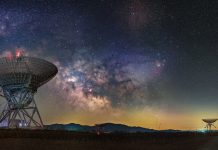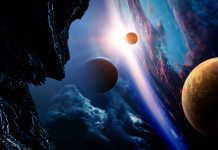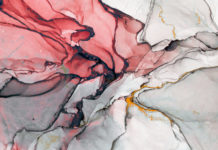Tag: religion and science
The microscope of theology versus the decalogue of science
The Jewish people walked on dry land in the middle of the water, not in the Red Sea, but somewhere in the Nile Delta. This conclusion by researchers from the National Center for Atmospheric Research and the University of Colorado (USA) made headlines on Reuters and the BBC in September 2010.
A new theory of evolution—or several complementary theories?
"Strange as it sounds, scientists still do not know the answers to some of the most basic questions about how life on Earth evolved. Take eyes, for instance. Where do they come from, exactly?" These are the words with which an extensive article published by The Guardian in June 2022 begins.
“Can science explain everything?” | Book review
John C. Lennox, Professor Emeritus of Mathematics at Oxford University, is an internationally renowned author and speaker, addressing topics at the intersection of science, religion, and philosophy. Beyond contributions in the field of science, Lennox participated in debates with representatives of New Atheism (R. Dawkins, C. Hitchens, and P. Singer) and wrote several books, including God’s Undertaker, Seven Days That Divide the World, Determined to Believe? and Can Science Explain Everything?
“Beyond the Burden of Proof” documentary. Are we made to believe?
In the centuries since science has gained autonomy from religion, spokesmen on both sides have grown accustomed to looking at each other with suspicion, ignoring each other, and addressing their followers by preaching against the “others." There seemed to be little hope that scientists and people of faith would listen to each other and try to develop a common language, if not a common understanding.
The Expanse: Big Sci-Fi tackles bigger questions
Out of all the genres of storytelling that we see in the media we consume, science fiction holds a special place in my heart. While some may pine for the comfort of romance, the tension of a modern-day thriller or the stimulation of a well-crafted fantasy world, I’ve always been drawn to science fiction's ability to create a rich canvas out of imagined futures.
Stephen Hawking’s verdict (Leaving God out)
“Because there is a law such as gravity, the Universe can and will create itself from nothing. Spontaneous creation is the reason there is something rather than nothing, why the Universe exists, why we exist.” This is Stephen Hawking’s statement that accompanied the book launch of “The Grand Design”.[1]
The portrait of religion, in scientific colours
More than a century ago, when the social sciences were just beginning to study the relationship between religion and health, elite scholars such as sociologist Émile Durkheim, Sigmund Freud, the father of psychoanalysis, and philosopher Friedrich Nietzsche repudiated religion consonantly, claiming that it had a toxic effect on individuals.


















